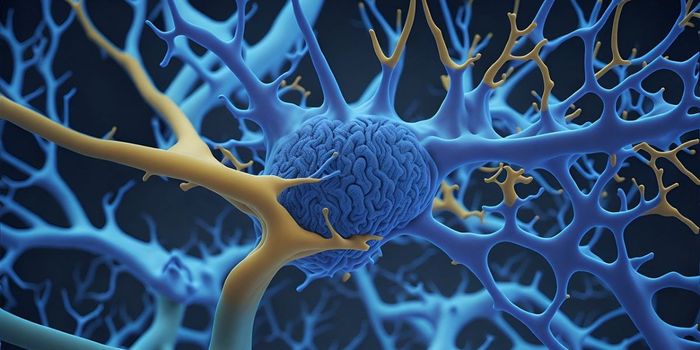Cannabis and Tobacco Smoke Contain Same Toxins
Cannabis and tobacco smoke are known to share some of the same toxins. Now, researchers from Dana-Farber Cancer Institute and the Centres for Disease Control and Prevention have found that cannabis smokers exhibit elevated levels of certain toxins typically linked to tobacco-smoking in their blood and urine.
“[Increasing use of cannabis] has renewed concerns about the potential health effects of marijuana smoke, which is known to contain some of the same toxic combustion products found in tobacco smoke.” says Dana Gabuzda, MD, lead author of the study.
“This is the first study to compare exposure to acrolein and other harmful smoke-related chemicals over time in exclusive marijuana smokers and tobacco smokers, and to see if those exposures are related to cardiovascular disease.”
For the research, the scientists examined 245 participants over the age of 40, of whom 76% had HIV. All in all, they screened for 33 plasma and 28 urine metabolites via liquid or gas chromatography/ mass spectrometry. These were then compared to exposure and health outcomes taken from surveys and medical records.
In the end, the researchers found that participants who only smoked cannabis had higher levels of several smoke-related compounds, including naphthalene, acrylamide, and acrylonitrile metabolites present in their blood and urine than those who did not smoke cannabis. The concentrations of these substances in their blood, however, were lower than those who smoked tobacco.
The researchers also found that acrolein metabolites were elevated in those smoking tobacco, although not those exclusively smoking cannabis. Increased levels of these metabolites were then associated with an increased chance for cardiovascular disease.
As such, the researchers say that reducing exposure to acrolein from tobacco use and other sources may be a good strategy for reducing cardiovascular risk. They also stress that these findings are of particular relevance for those infected with HIV, who typically have high rates of tobacco use and an increased risk of heart disease.
Sources: SciTech Daily, Newswise, The Lancet









